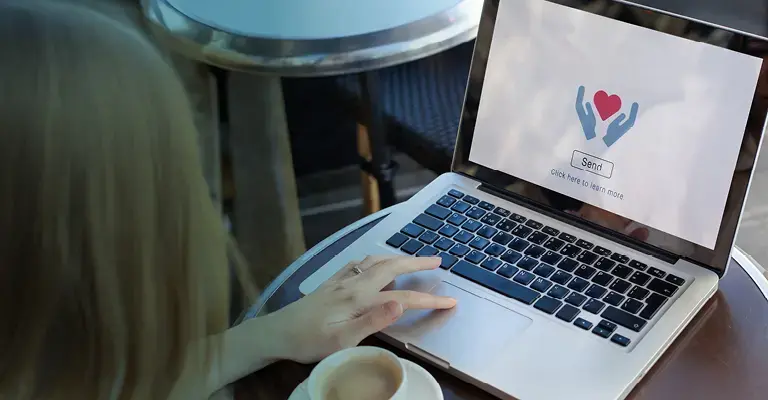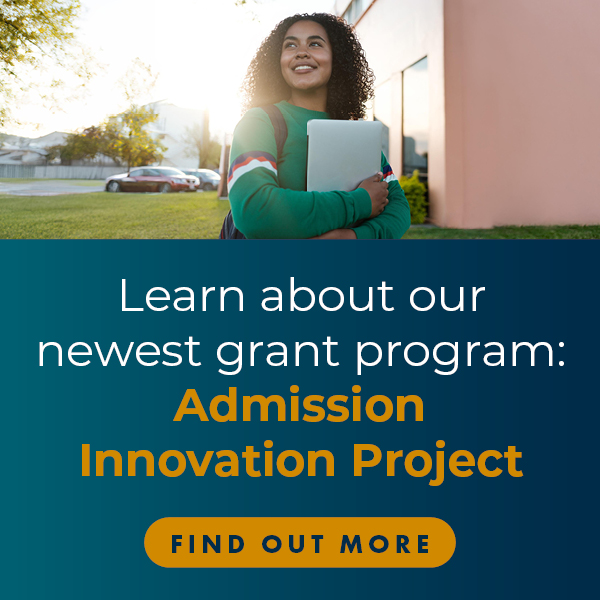Since launching our grantmaking activities in 2014, we have awarded over $26.4 million in support of our research priorities: access, affordability, and the value of legal education.
Awarded Grants
Grant Program
Grant Status

Michigan State University College of Law
Grant Title: Michigan State University College of Law Pathway to the Legal Profession Program (MSUCOL PLPP)
The program will prepare participants to successfully apply for law school admission in Michigan. The program’s purpose is to redress the decrease in the enrollment of underrepresented students in law school exacerbated by Proposal 2 which forbade the consideration of race in admissions decisions. The program will support undergraduate Michigan residents attending Michigan public institutions who are underrepresented in law. Key partners will include local and national bench and bar leaders.
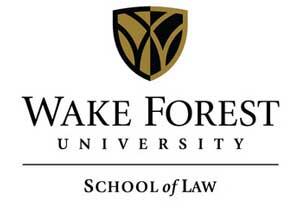
Wake Forest University School of Law
This project will identify students’ knowledge gaps about the law school admissions process, negative views of Predominantly White Institutions (PWIs), and financial barriers that lead to fewer application submissions, and fewer offers of acceptance.

University of Pennsylvania
This grant will comprehensively evaluate whether the adoption of rgw Uniform Bar Exam (UBE) has positively influenced enrollment and Bar passage rates of underrepresented and minority students in law schools located in participating states. It will also measure the extent to which (a) tuition and fees costs and costs of living, (b) interstate employment mobility, and (c) overall employment prospects of graduates from participating schools and states varied given the adoption of UBE.
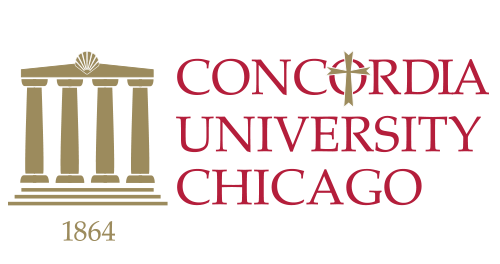
Concordia University Chicago
The grant will examine approximately 30 first-generation law students enrolled at Northwestern University Pritzker School of Law using both surveys and in-depth interviews to identify critical: pre-law school experiences, psychoemotional/educational needs of enrolled first-generation law students, and personal qualities associated with first-generation students’ law school success.
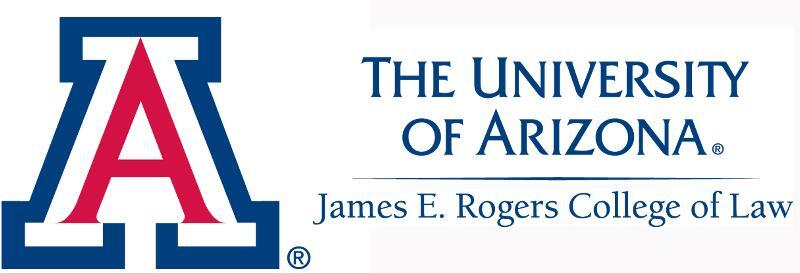
The Law College Association of the University of Arizona - James E. Rogers College of Law
This grant will pilot a seven and a half-week online course teaching standard contracts and foundational skills in case-reading and analysis to 250 aspiring JD students. The course is intended to expose students to the materials and methods of legal education and better prepare them for success in JD programs. A more valid and reliable predictor of student performance in law school will be developed using factors beyond standardized test scores and undergraduate grades.

The Board of Trustees of the University of Illinois on behalf of The John Marshall Law School
This grant supports a study of the impact of High performance cognitive training – Strategic Memory Advanced Reasoning Training (SMART) has on improving cognitive performance, and thus academic performance and bar passage.
To read more, please visit Texas Tech adopts SMART brain training for its 1Ls
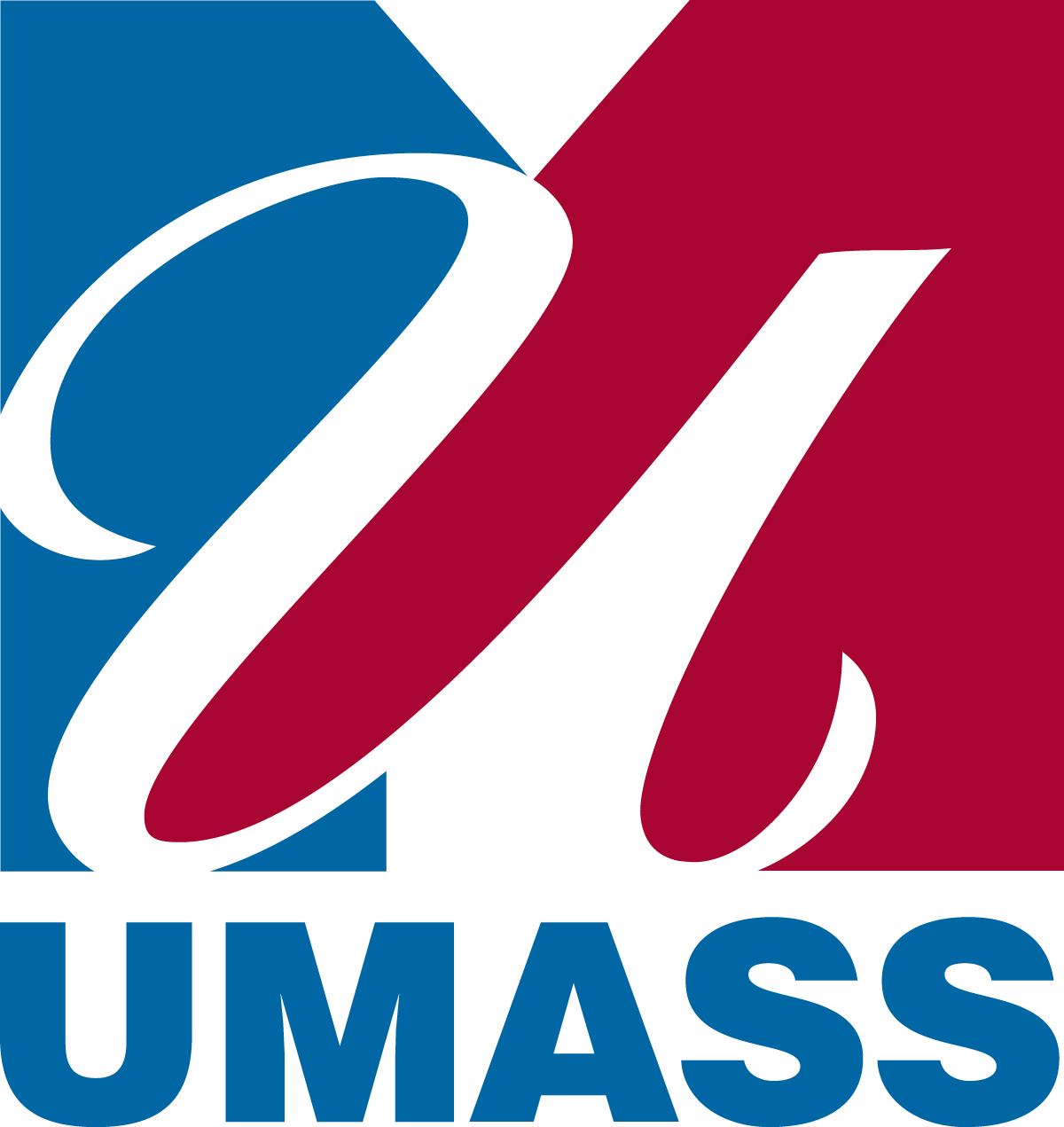
University of Massachusetts
This grant supports a study of students’ social networks that will examine whether certain connections are associated with law school success. The project will focus on whether students from diverse backgrounds lack access to key social connections and to what extent network inequality accounts for disparities in legal education outcomes.
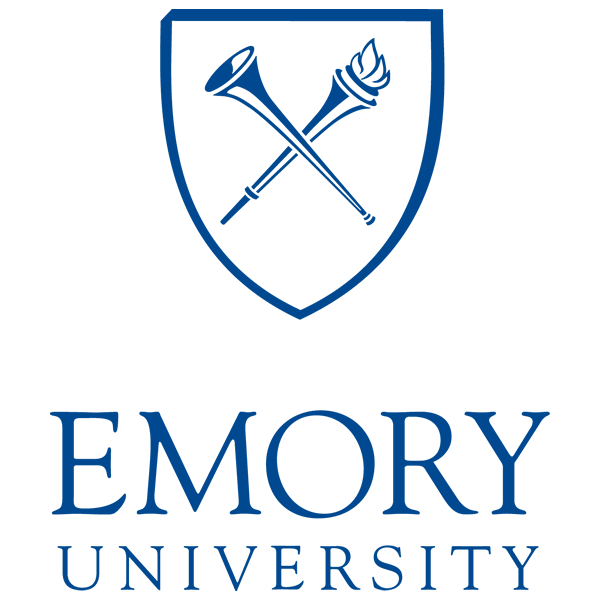
Emory University
A $86,603 grant was awarded to Emory University to measure the institutional efficiencies in producing student outputs for legal education. The project will use American Bar Association data and the Analytix tool, to develop a method of ranking schools based on a sophisticated conception of outputs and value-added.
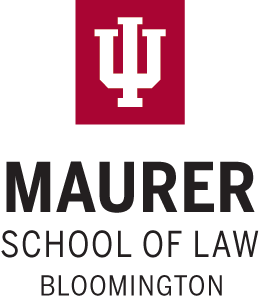
Indiana University Maurer School of Law
Indiana University received a grant to support the analysis of LSSSE data to determine in which ways social belonging influences law students’ engagement and success. In addition, this grant will support the development, implementation, and evaluation of a productive mindset intervention for final-semester law students and recent law school graduates who are sitting, for the July 2018 California bar exam.

